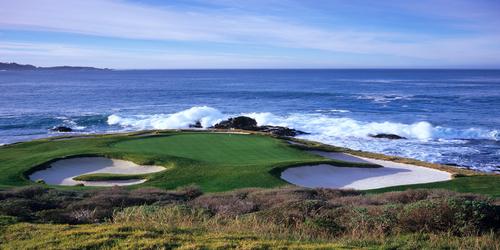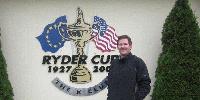CA Golf Articles
No part of this section or any article can be republished without the consent of CaGolf.com. Learn how to writing/contributing articles, review guidelines.
Featured Article
Courses and Travel
Article
Pebble Beach Company Announces Timeline for Gil Hanse Led Renovation of The Links at Spanish BayArticle
Pebble Beach Resort Fun Facts and Useless TriviaSuprise Your Golf Buddies With These Trivia Nuggets
Article
Experience-Packed Family Holiday Offer at Pebble Beach ResortsFamily Winter Offer, Available from December 18-29
Golf Industry Interviews
Article
Interview With Andy Stoterau Head Golf Professional TPC Harding ParkA Light Hearted Golf Q & A Interview
Article
Interview With Michael Osgood Managing Director, Preferred GolfA Light Hearted Golf Q & A Interview
Article
Interview With Jeff Johnson Director of Instruction Ojai Valley Inn & SpaA Light Hearted Golf Q & A Interview
Other Great Articles
Article
How to Plan the Perfect California Golf Trip: From Pebble Beach to Palm SpringsYour Ultimate Guide to Iconic Courses, Scenic Drives, and Expert Tips for an Unforgettable West Coast Golf Vacation
Article
Pebble Beach Company Announces Timeline for Gil Hanse Led Renovation of The Links at Spanish BayArticle
Experience-Packed Family Holiday Offer at Pebble Beach ResortsFamily Winter Offer, Available from December 18-29
Article
Pebble Beach Resort Fun Facts and Useless TriviaSuprise Your Golf Buddies With These Trivia Nuggets








-min.jpg)









